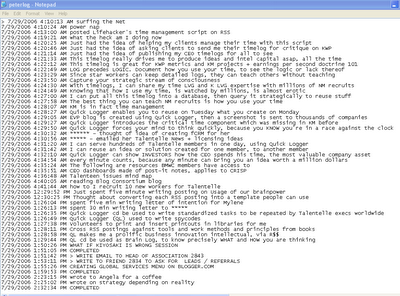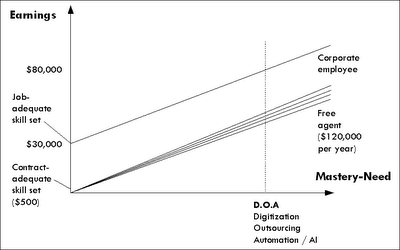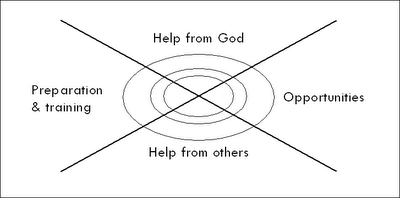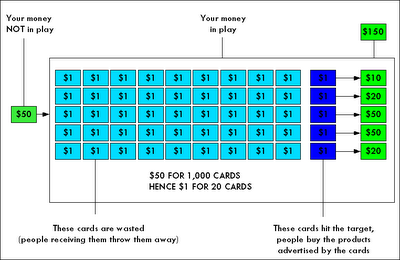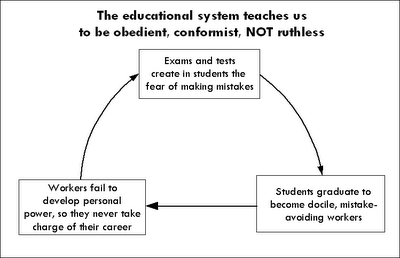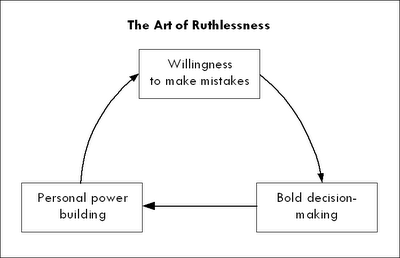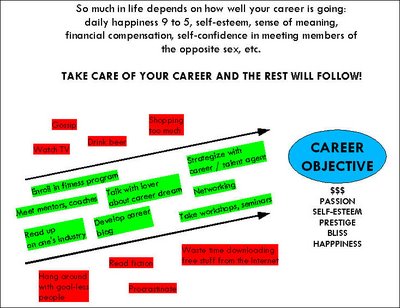The greatest enemy in life
"It is life's only true opponent. Only (it) can defeat life. It is a clever, treacherous adversary, how well I know. It has no decency, respects no law or convention, shows no mercy. It goes for your weakest spot, which it finds with unerring ease. It begins in your mind, always. One moment you are feeling calm, self-possessed, happy. Then, disguised in the garb of mild-mannered doubt, it slips into your mind like a spy."
- Life of Pi, by Yann Martel
Have you guessed what it is?
The worst enemy in life is FEAR.
This is why the late management guru Peter Drucker said that every time you see a successful business, it's because someone once made a courageous decision.
The decision to face one's fear is incredibly courageous, and not surprisingly, most people ignore their fears. As Martel pointed out, it is quite easy to ignore one's fears because they work undercover, as spies. Your fears know precisely where you are weakest, and they always attack you there.
My success secret has always been to treat fear the way a martial arts master should treat any opponent facing him: calmly and confident that his training has prepared him appropriately for this mortal combat.
Even in matters as complicated as love and relationships, there may be a way to get yourself out of depression or agony or the horrible feeling of having a huge hole in your being.
Here's what I mean.
Suppose you meet a girl, and you think she's the one. You love her, but she doesn't love you back.
Obviously, that's a very painful situation. You might feel rejected, or -- and this could be worse -- you might feel that there is something incredibly wrong with the universe: you KNOW she's the one, yet why doesn't she love you back?
Yet, if you look at it logically, it goes something like this:
- If she's NOT the one meant for you, then the special someone you are looking for is waiting for you somewhere. It doesn't help, therefore, that you wallow in self-pity and waste time on bouts of depression while your future wife is waiting for you somewhere!
- If she IS the one meant for you, then it will happen at some point, but NOT on your own schedule. In fact, the more you try to push it, the more you might delay (or possibly even cancel) the ultimate event of your merging with her.
My point is that in facing fear, one must be skilled in mental combat. One must master oneself.
